Make Your Garden Peat-Free With Coconut Coir Gardening
Published May 2 2023, 1:01 p.m. ET
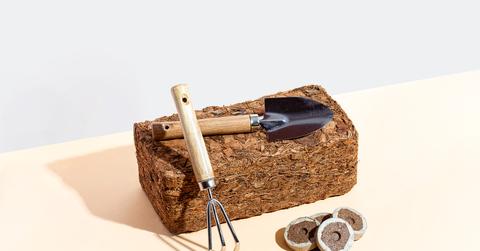
The gardener’s favorite soil additive, peat, is being replaced by a newer, sustainable, organic material: coconut coir, which is typically sold in brick form.
The fibrous mix made from coconuts is becoming a popular supplement to soil mixes. If you are curious about coconut coir gardening, keep reading.
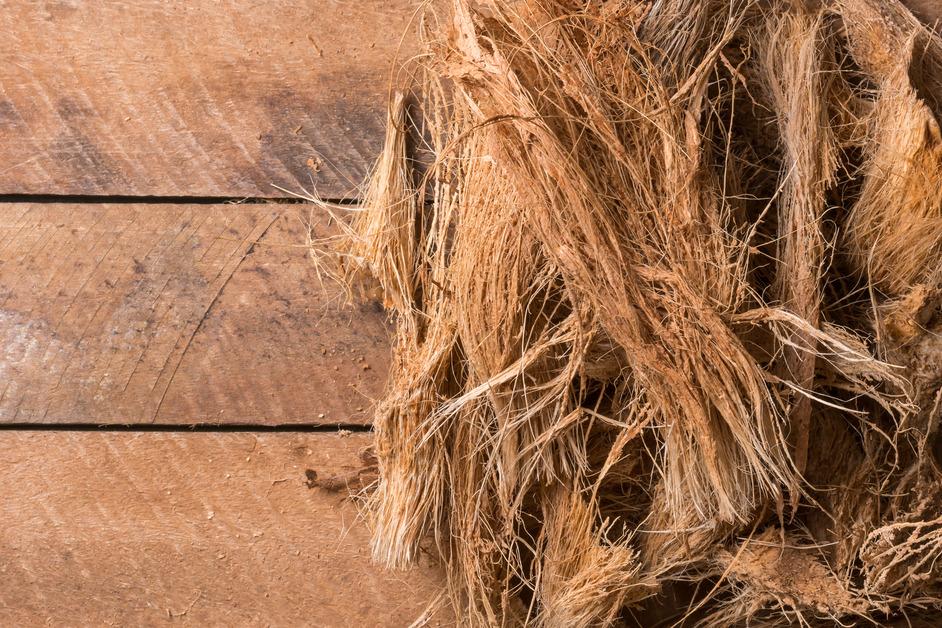
What is coconut coir?
According to The Spruce, coconut coir is coconut fiber, or what makes up the inner shell of the coconut husk. The material is thick, stiff, and scratchy, and is commonly used for doormats, hanging brackets, ropes, brushes, and even in gardening.
Coconut coir vs. peat moss:
Coconut coir is becoming popular in an anti-peat movement. Peat moss, which is a spongy material formed by organic matter decomposing, is a main ingredient in most potting blends. And according to Architectural Digest, peat takes so long to replenish that it is considered a non-renewable resource.
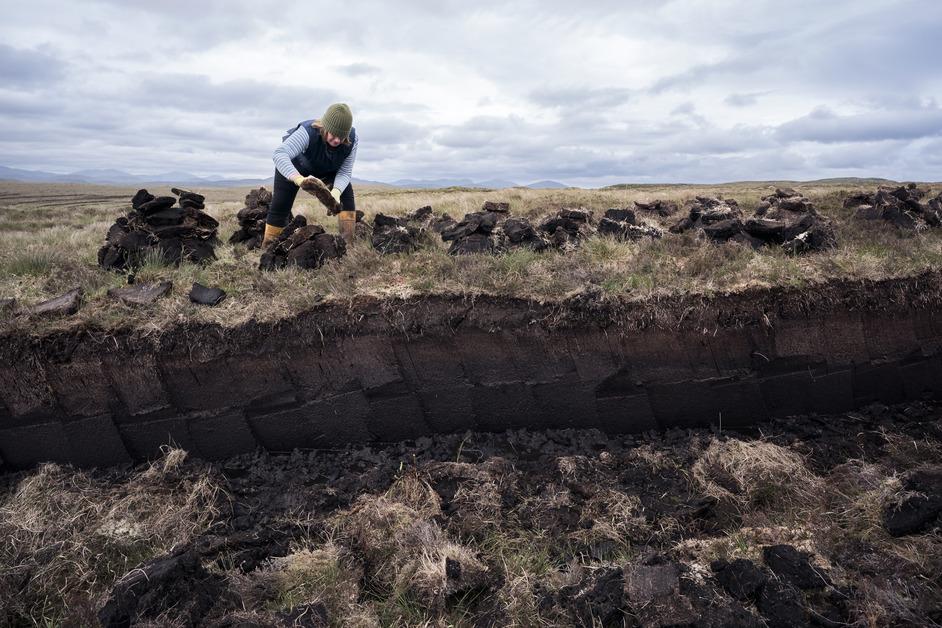
According to an article written by The New York Times, horticulturists and environmentalists alike have been trying to get the message out that harvesting peat is devastating to the plants and animals in peatland habitats.
Many think peat should be seen an outdated 1960s invention, and as such, it has been dubbed “the Rolls-Royce of soilless growing media,” by Professor Brian E. Jackson of North Carolina State University, as per The New York Times.
Another growing concern is that peatlands are carbon sinks meaning the process of peat extraction releases carbon dioxide, one of the greenhouse gasses that cause climate change, per The New York Times.
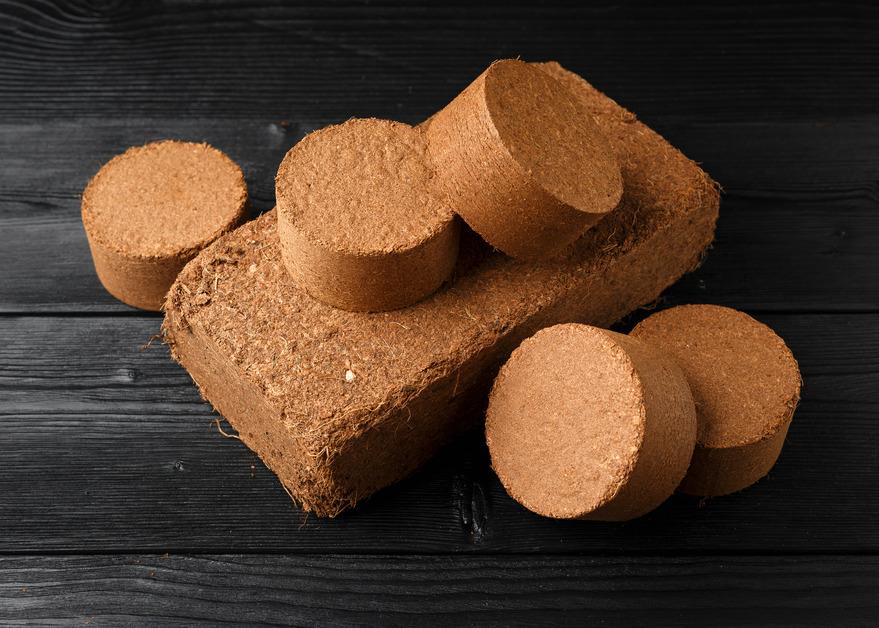
How is coconut coir made?
If you are thinking of making your own coconut coir for an upcoming garden project— possibly reconsider.
To make coconut coir, coconut husks are first soaked in water until they are soft. After this, they need to be dried for over a year. Yes, a year.
Then, the coir is chopped into different forms like chips, fibers, or ground.
Another reason you might want to stick to store-bought coir is that when made improperly, coconut coir can harm your plants.
Coconut coir manufacturers have extensive harvest methods and protocols to prevent any risk to the garden. This includes reducing pathogen growth, using a secure method to control the aging process, making sure all salts are removed, and using packaging methods that ensure the product stays intact, all per Epic Gardening.
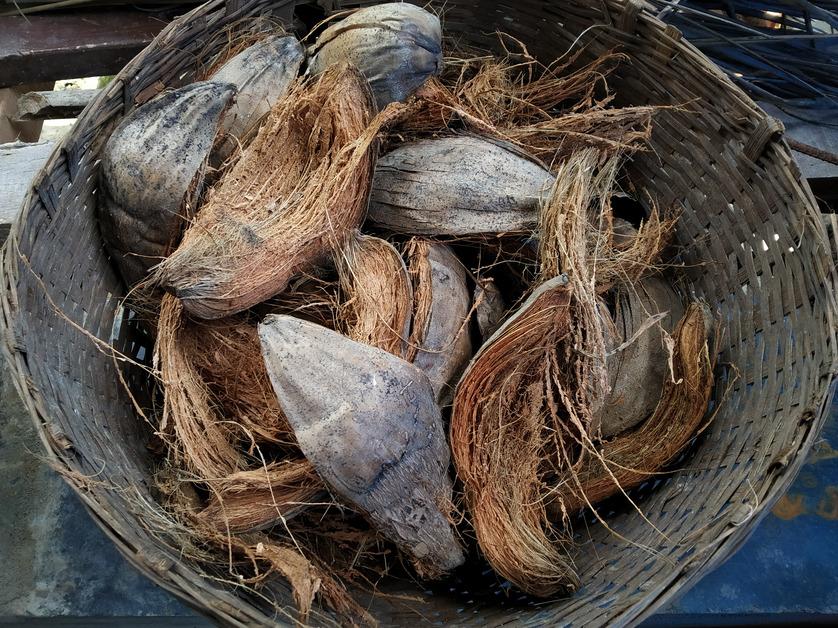
How do you use coconut coir in gardening?
Coconut coir is typically seen in premade potting mixes as a peat replacement.
Coconut coir is also a good soil amendment and improves the physical properties of the soil by increasing soil permeability and aiding in water retention. In fact, The Spruce says that coconut coir is able to absorb 30 percent more water than peat.
When looking for coconut coir at the store, it is usually found in the form of a brick. In order to add the coil to your soil you will need to reconstitute the brick by soaking it in water. Once the brick is loose and has softened into crumbles, it’s ready to be added to the soil, per The Spruce.
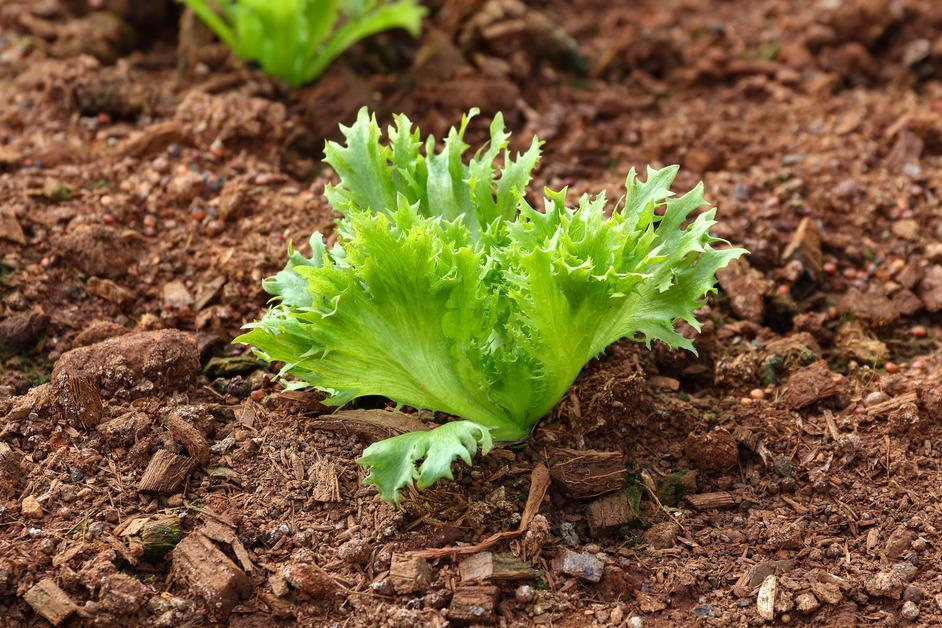
You can buy these coconut coir bricks:
Urban Worm Coco Coir is a refined coir recommended by Epic Gardening for its moisture retention. It also has a near-neutral pH, has been rinsed to remove salt, and prevents nutrient leaching.
Thunder Acres Coco Brick, recommended by Morning Chores, is made of 100 percent organic coconut fibers, improves the aeration of the soil, and is one of the more affordable high-quality coconut coir options out there.
CANNA Coco is another coconut coir recommended by Epic Gardening; however, it is sold as a 26-pound bag of coconut coir potting mix instead of the dehydrated brick form.